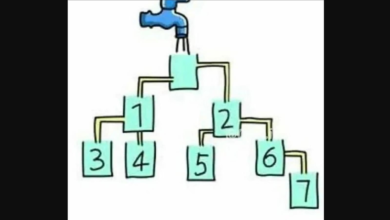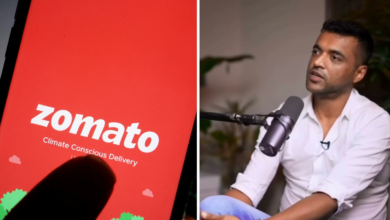Ketan Mehta reflects on ‘turbulent times’ in the country: Polarisation of this kind is dangerous for society

Filmmaker Ketan Mehta grew up lening to horror stories of India-Pakan Partition. Seventy-five years later, the filmmaker says the current socio-political climate of the country, where brotherhood between communities seem to have been stained, is durbing.
As a filmmaker, Ketan Mehta has been a chronicler of India stories, from his 1980 debut Bhavni Bhavai, a feature film which addressed caste atrocities, to his Partition-set short film Toba Tek Singh, based on writer Saadat Hassan Manto’s 1955 story of the same name.
In Toba Tek Singh–which shows how patients in a mental asylum on the India-Pakan border react to the idea of Partition–Mehta shifts his gaze to the friendship between Hindu, Muslim and Sikh inmates and follows the life of its central character, Bishan Singh, played Pankaj Kapur.
In an interview with , Mehta reflects on how his short Toba Tek Singh is gearing for its TV premiere at a time when many feel the country is going through religious intolerance. “These are turbulent times. Polarisation of this kind is dangerous for the society.
“Any kind of extreme polarisation is completely dangerous for a civilised society, for human development and for human beings to be able to reach their potential. This kind of an atmosphere of hatred leads to cruelty and leads to intolerance…,” the filmmaker says.
Manto’s Toba Tek Singh follows the inmates of the asylum being split during the Partition– Hindu and Sikh patients are transferred to India while Muslims are sent to Pakan. Bishan Singh, whose village Toba Tek Singh is in Pakan, is traumatised to learn that he is being sent to India.
The story of Toba Tek Singh–about the cruelty of displacement and the idea of home–has ironically remained relevant in present India, where people are often asked to prove their love for their country.
“The situation (that people have to prove that this is their country) durbs me substantially. There is so much more to life. Creativity should be greater than destructive forces, but unfortunately there seems to be a wave of negative destructive forces which are overwhelming the rest,” Mehta adds.
The filmmaker says the story of his short is not just about the Partition but also “human conditions, violence” and goes beyond borders, finding a parallel internationally with what is happening across the world. “It is basically human minds violence against each other. So this is a narrative of human condition, Partition being just one of the extreme example of it”.
Mehta grew up in Delhi, where his childhood was dotted with stories about the Partition. His grandparents had come to India from Karachi, Pakan, so the stories he heard directly were “about that period and people”.
“Since I grew up in Delhi, Partition was one of those wounds, traumas on the national psyche which has been there at least in our generation of people. For those who grew up after independence, it was part of growing up. The horrors of Partition was something that you heard very often about, because someone or the other in Delhi would come up with stories”.
For his adaptation of Toba Tek Singh, which will have its TV premiere on Zindagi DTH platforms, Mehta has tweaked the classic to turn the short story into a 70-min film. He has introduced Manto’s character to the script, as a warden of the asylum, and used documentary footages of the time to underline what “the trauma of Partition was like”.
“It was woven on three levels. There was another story of Manto on Partition called Khol Do, which was about a girl who was abducted. I merged these two stories for this narrative. I have been fascinated with the Toba Tek Singh story since my college days.
“Because Manto went to Pakan in the end, somewhere in India his recognition has been diluted but he is one of the greatest writers… The stories he wrote around Partition and independence are some of his best stories. Toba Tek Singh questions the basic idea of why it happened, what did it achieve… Apart from misery,” he adds.







